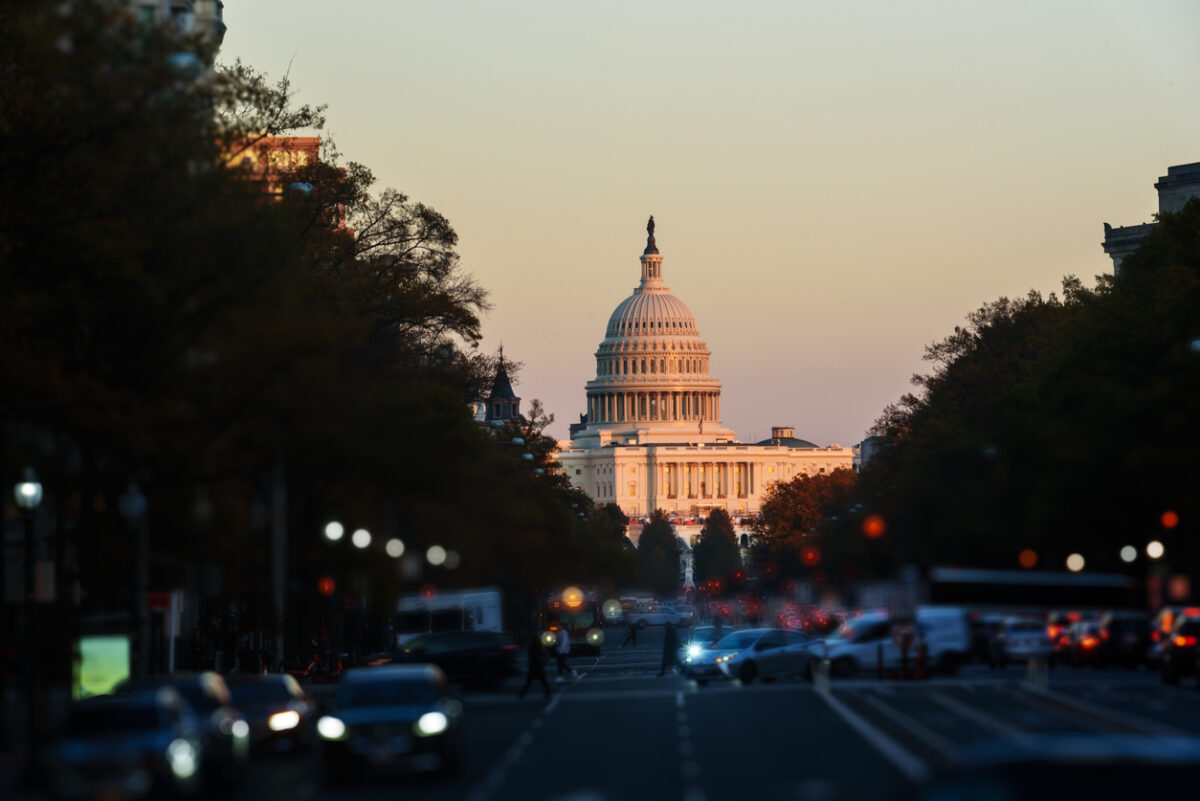Better Data on the Horizon: An Analysis of Evolving Student-Level Data Legislation
Published Jun 29, 2017
Policymakers have introduced a number of bills to build a more complete and modernized postsecondary education data infrastructure in recent Congressional sessions. These bipartisan, bicameral efforts signify an increased acknowledgment that access to and use of high-quality data by students, institutions, policymakers, and researchers have enormous implications for student success. This clear and continuing focus on data quality is a result of the inability of current datasets to answer critical questions about today’s higher education system and student pathways.
Creating a federal student-level data network is one proposal to effectively enhance the quality of higher education data. Since a ban on this type of system was enacted in the 2008 reauthorization of the Higher Education Act, seven separate bills have been introduced, calling for student level data collection and improved data linkages across the federal government. The Higher Education Affordability Act, four versions of the Student Right to Know Before You Go Act, the College Transparency Act, and the Aim Higher Act all call for improved data systems and metrics that count all students with an aim to advance student success.
Note: this brief was updated in January 2019 to reflect recent legislation and cosponsors for legislation.
View the PDF to read the brief.


